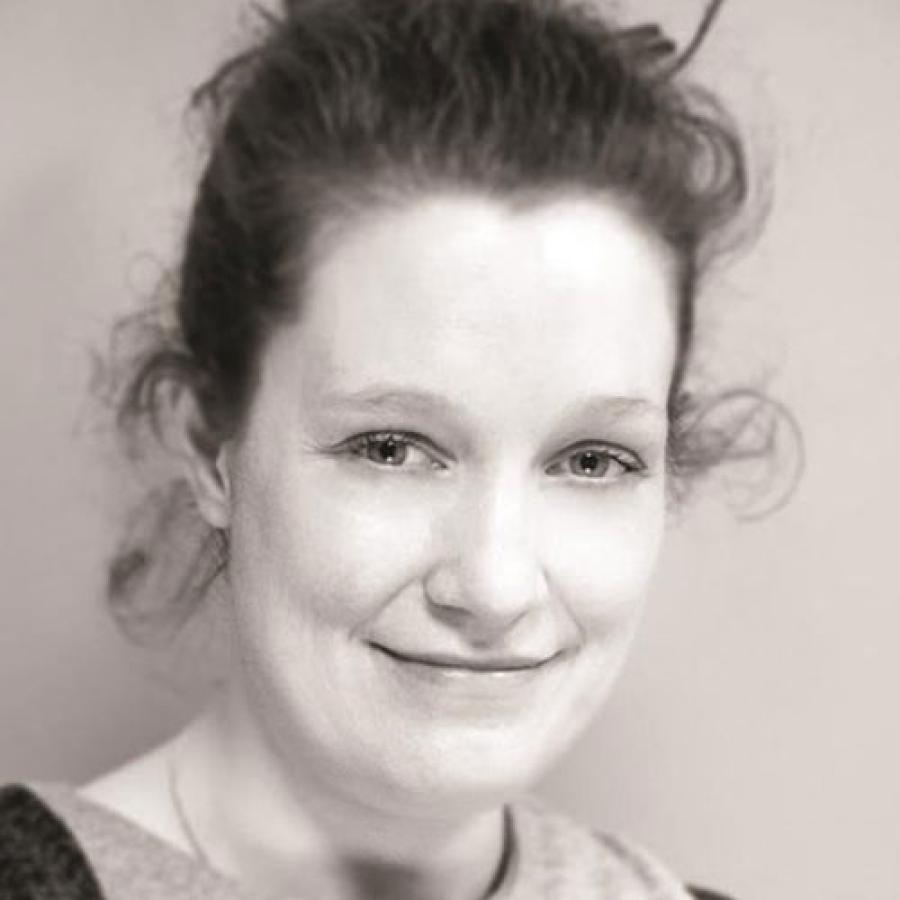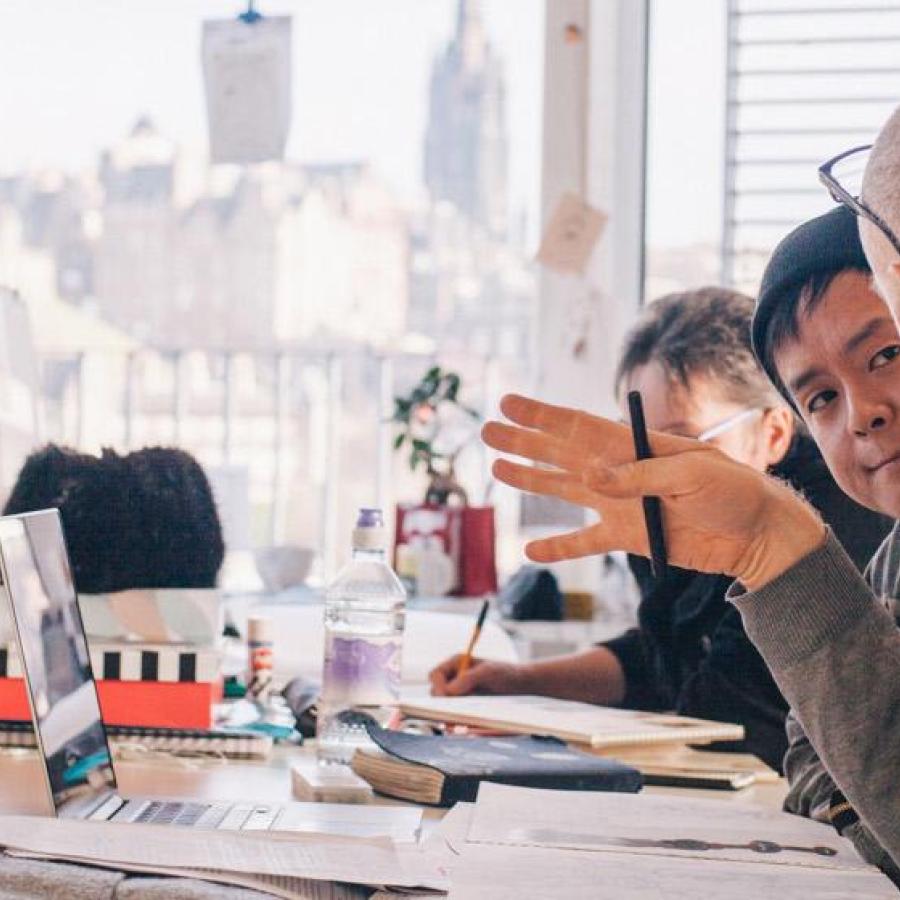Fionnuala Doran

Job title:
Lecturer in Illustration
Office:
4.17, Evolution House
Office hours:
Mon, 09:00 - 17:00
Research Output:
Edinburgh Research Explorer linkBiography
Fionnuala Doran is an Irish artist, living and working in Scotland. She graduated with an MA in Visual Communication from the Royal College of Art and lectures in Illustration at the Edinburgh College of Art.
Her first graphic novel, The Trial of Roger Casement, was published by Self Made Hero. She has worked with 404Ink, BHP Comics, The Vacuum, the Northern Ireland Film Festival, the CCA Derry and the Musuem of Teletext Art (MUTA), Finland. Her work has been exhibited across Europe.
She has participated in residencies with the Banff Centre, Canada, the Atlantic Centre for the Arts, Florida and the Creative Europe Programme’s WomArts, Angouleme.
She came down with a bad case of comic-fever in 1990 and has never recovered.
Research interests
- Graphic novels, sequential art and comic books
- Narrative illustration, picture books and visual storytelling
- Decolonial visual narratives
- Queer, personal and social visual histories
- Fan culture and fan communities
The nucleus of Doran’s work is drawing; they use it as a means to clarify ideas, as a form of research, as an outcome and a framework by which to interpret their diverse research interests.
Their work has a disregard for taxonomical distinctions, and they are interested in multi-disciplinary practices, in playing with the writer, Stefan Themerson’s, definition of ‘semantic poetry’. Their practice references things that exist at the margins of popular culture or accepted tastes- things that are appropriated by small and self-selected groups, such as comic books or genre fiction.
Their work often involves elements of the sublime, of the cult and of the abject. It positions in the same space one thing that is identifiable, concrete, safe; and another that is remote and incomprehensible.
In particular, they are concerned with the aesthetics and structures of comic books, their use as a narrative and an anti-narrative form and their position as a medium that exists between yet distinct from poetry, art, prose and illustration. Comics have the potential to be a sort of Lingua Franca- a universal form of communication. The juxtaposition of words and images offers a multiplicity of meanings and narratives. Doran is interested in the spaces between these meanings, and in manipulating and subverting them.
Doran’s work has consistently explored themes of personal and social history- particularly Irish history- and the unreliability and manipulation of narratives in such histories. This manipulation of the past and present- the blurring of the lines between objective and subjective truths- becomes even more apparent when text and image are set in opposition.
PhD Supervision Topics
- Queer, contested or decolonial visual narratives
- Visual narrative explorations of mental/physical health
- Queer, personal and social visual histories



